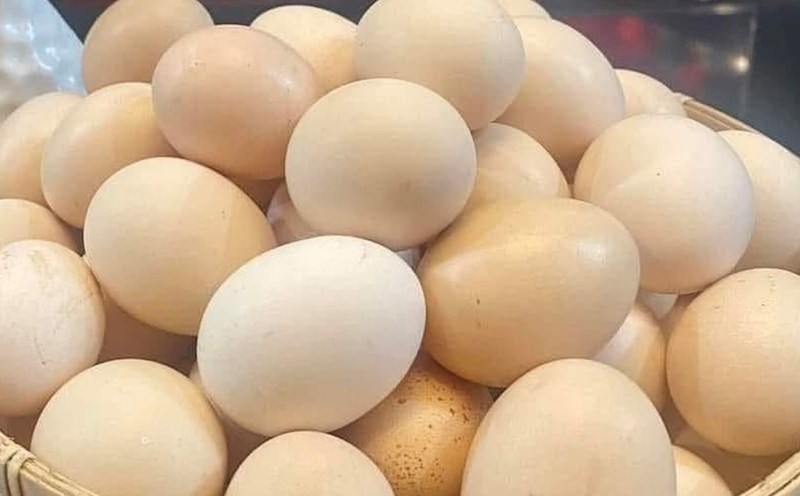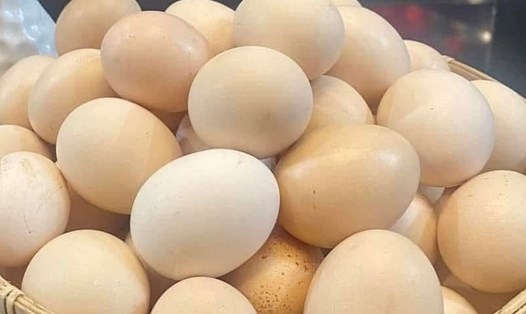Although iron is found in many foods, the iron in tofu is mainly in the non-heme form, a type of plant iron that requires support from other nutritional elements for optimal absorption. Research from reputable health organizations shows that tofu is a rich source of iron, bringing many health benefits to consumers.
According to the US National Institute of Nutrition, tofu contains a significant amount of iron, 100g of tofu can range from 3.5 to 5.4 mg of non-heme iron, depending on the type of tofu and the preparation method. Although non-heme iron from plants has a lower absorption rate than heme iron from animals, studies have shown that combining tofu with foods rich in vitamin C such as oranges, strawberries or green vegetables can help the body absorb iron more effectively. This is an important plus for those who want to supplement iron from plants without worrying about absorption problems.
The World Health Organization also recommends adding iron from plant foods such as tofu to the diet to prevent iron deficiency anemia, especially for pregnant women, children and vegetarians. A diet rich in soy foods not only helps supplement iron but also improves cardiovascular and bone health. Tofu is a food source low in saturated fat and contains no cholesterol, so it does not increase the risk of cardiovascular disease.
Supplementing iron from tofu can help reduce the risk of iron deficiency without causing serious side effects. Supplementing iron from plant sources helps the body maintain a stable iron level and reduces the risk of health problems associated with consuming too much red meat, such as cardiovascular disease and cancer.
In addition to iron supplementation, tofu also provides many other valuable nutrients such as protein, calcium, magnesium and unsaturated fatty acids, helping to support overall health. Therefore, tofu is not only an important source of iron but also brings many long-term health benefits.











